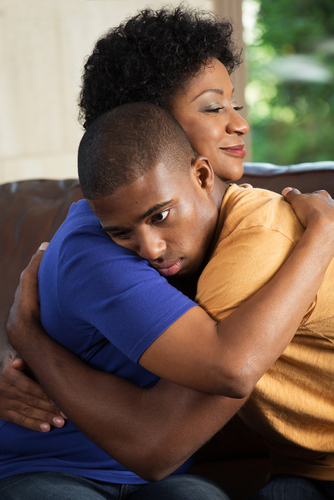Addiction Treatment
How is Family Part of a Rehab Program?

Written By:

Table of Contents
How is Family Part of a Rehab Program?
Even when a loved one may think they’re not addicted to drugs or alcohol, the issues present themselves regardless. They fail to show up when they should, they drink too much and black out, their drug use has cost them jobs, relationships, and more. End of the day, when a loved one is addicted to drugs or alcohol, or something else, it can help to get into therapy. It can also help to integrate family therapy into the program to support longer term recovery.
Before Rehab
Families can recognize prior to rehab for a loved one that cutting out drugs or alcohol may feel simple but it is more daunting than that. This person has a chronic brain disease and needs professional help. A person with addiction may deny or try to hide their behavior but family members may see it for what it is. The only way, sometimes, to break the cycle is to get them into treatment. Families can also recognize:
- Addiction impacts the whole family, even running in them through genetics or the environment. When a member of the household has addiction, other roles shift, and codependency and enabling pop up. These altered roles and dysfunction can support the addiction without the family realizing it is happening.
- Addiction can happen with no warning or family history. Contributing factors are just that. They are not the whole picture. Addiction is complex and complicated. Understanding the factors of addiction can help family come to terms with the disease and guide them with love and compassion.
- Consider the approaches to treatment. Part of the challenge of a loved one with addiction is figuring out how to help them without issues. There is no need to wait. Recovery can start at any time. Staging an intervention may help make this shift easier.
During Rehab
When family members know a loved one is in rehab, there are many things they can do to offer support. One of them is participate in family therapy sessions. The level of engagement of family can really determine how well a person does in recovery just based on having supportive community of loved ones. Personal accountability is one piece of the addiction recovery puzzle while family support and engagement is another.
Post Rehab
A person in recovery is going to need lots of support. This can come in many forms, including:
- Embracing aftercare plans. Once a person has completed addiction treatment, they are not cured. They need lots of support and care. Successful recovery requires good self-care, ongoing counseling, sober support meetings, and avoidance of triggers. The family should commit to aftercare plans to support the loved one’s recovery. Family should also make efforts to take good care and learn about recovery. This includes attending Al-Anon meetings and therapy to understand the role of the loved one’s addiction.
- Firm boundaries help solidify what the expectations will be in recovery. Following the aftercare plan is key along with committing to recovery. Family members can establish healthy boundaries and offer support.
Leading a healthy lifestyle in recovery requires many things to happen. Along with nutrition, sleep, support, and group meetings, it is important to focus on developing positive behaviors and strategies for success for loved ones with addiction along with family members to be sure everyone is as healthy as possible.
The Last Resort provides a safe, supportive environment for men in a retreat-like setting. Nature is an important component of recovery and healing. We strive to provide a place of enrichment that cultivates the inner as well as the outer journey of recovery. However you find your way to the Last Resort, we endeavor to provide a haven where you can journey through recovery feeling like your life and story have meaning and a purpose. Call us to find out more: 512-750-6750.
